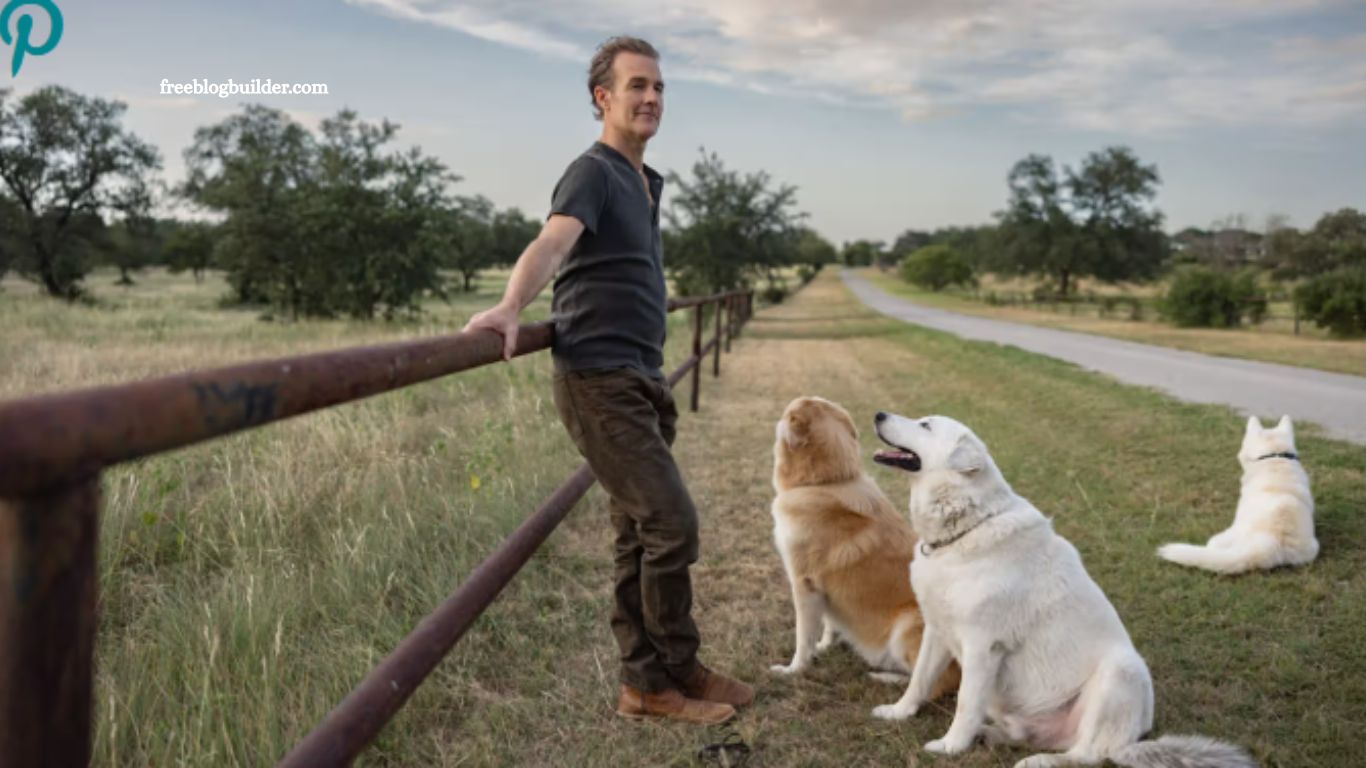James Van Der Beek, diagnosed with early-onset colorectal cancer at 46, is raising awareness about the growing risk of this disease among younger adults. The “Dawson’s Creek” star noticed subtle changes in his bowel habits but had no obvious symptoms. After a colonoscopy in August 2023, he discovered he had stage 3 colorectal cancer despite being in excellent health.
Colorectal cancer rates in adults under 50 have nearly doubled since the 1990s, prompting the American Cancer Society and U.S. Preventive Services Task Force to lower screening age recommendations to 45. Early detection through screening significantly improves survival rates, with over 90% survival when caught early.
Van Der Beek has partnered with Guardant Health to promote the Shield blood test and emphasize that screening is vital even without symptoms. He encourages anyone 45 or older, or with a family history, to consult their doctor about screening options.
Read More: AI Hacks Are Approaching – How to Stay Safe
What Everyone Should Know About Colon Cancer
James Van Der Beek highlights that colorectal cancer is the second leading cause of cancer death—but also one of the most treatable when detected early. “Survival rates dramatically improve with early diagnosis,” he explains.
Before his own diagnosis, Van Der Beek was unaware that the recommended screening age had dropped from 50 to 45. He urges everyone, regardless of age or health, to prioritize screening. “Cases are increasing, especially among younger, healthier people, so make screening a part of your health routine.”
Did Your Diagnosis Change Your Perspective on Life?
James Van Der Beek says his diagnosis shifted his outlook significantly. “I’ve learned to slow down and truly appreciate the small moments,” he shares. “I’m letting go of things that used to upset me.”
The experience has deepened his understanding of self-love and the power of positive self-talk. “It forced me to take a hard look at who I am and what truly matters.”
How Did Your Cancer Diagnosis Impact Your Mental Health?
James Van Der Beek admits the journey was tougher than he expected. “At first, I often said, ‘This is harder than I thought it would be.’”
He advises others to identify their support system and ask for help. “You can’t do this alone.”
Van Der Beek reflects on his struggle to reach out, realizing many people wanted to support him. “I had been denying them the chance to show up because I always tried to handle everything myself.”
How Important Is Preventive Healthcare?
James Van Der Beek admits colorectal cancer wasn’t on his radar until his diagnosis. Now, he urges friends and fans to discuss screening options with their doctors.
He highlights the convenience of the FDA-approved Shield blood test, which can be done during a routine doctor’s visit. While colonoscopy remains the gold standard, many avoid it due to barriers like time off work.
Studies show people are three times more likely to follow screening advice when it involves a simple blood test, making preventive care more accessible and increasing early detection.
How Does It Feel to Share Your Cancer Journey?
James Van Der Beek describes sharing his experience as life-affirming and a vital part of his healing. “Helping others avoid what I went through gives my journey meaning.”
He finds purpose in using his platform to raise awareness, which feels more rewarding than promoting projects. “It’s empowering to turn my experience into something positive.”
Frequently Asked Questions
What is early-onset colorectal cancer?
Early-onset colorectal cancer occurs in people under 50. Its rates have nearly doubled since the 1990s, making awareness and screening vital for younger adults.
What symptoms did James Van Der Beek notice before his diagnosis?
He noticed minor changes in his bowel movements but no clear red flags, which is why screening is important even without obvious symptoms.
When should people start getting screened for colorectal cancer?
Current guidelines recommend starting screening at age 45, lowered from 50 due to rising cases in younger adults.
What are the screening options available?
Colonoscopy remains the gold standard, but newer options like the FDA-approved Shield blood test offer convenient, less invasive alternatives.
Why is early detection important?
Early detection dramatically improves survival rates—over 90% survival when caught in early stages—and reduces the need for aggressive treatments.
How did James Van Der Beek cope mentally with his diagnosis?
He found it challenging and learned to ask for help, realizing the importance of leaning on his support network.
What message does James Van Der Beek want to share about preventive healthcare?
He encourages everyone, regardless of age or health, to prioritize screening and to discuss options with their doctor.
Conclusion
James Van Der Beek’s journey with early-onset colorectal cancer highlights the urgent need for awareness and proactive screening. With rising cases among younger adults, starting screenings at age 45 and understanding all available options—like the convenient Shield blood test can save lives. Early detection remains the key to successful treatment and improved survival. By sharing his story, Van Der Beek inspires others to prioritize their health, seek support, and take preventive action against colorectal cancer.


